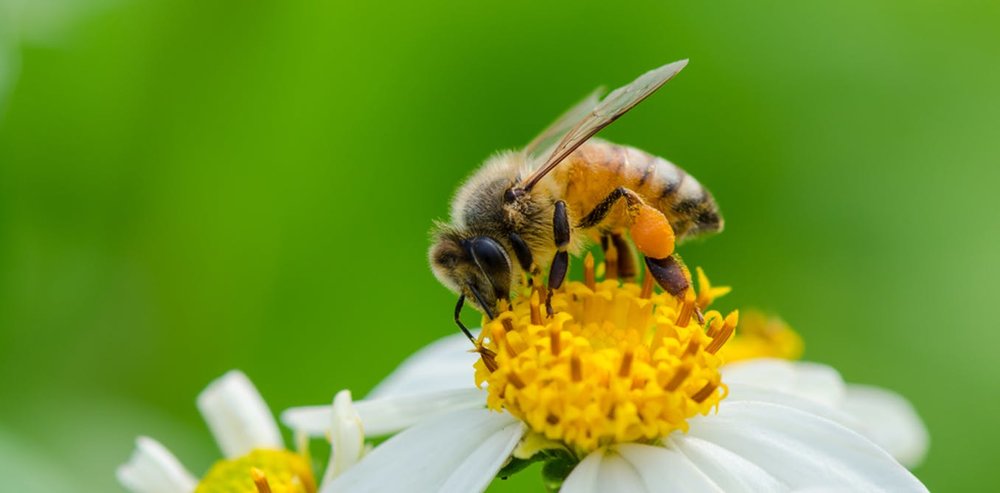Need for insect pollinator conservation to secure future of global agriculture forestry, apiculture industries, food security

Insect pollinators (honeybees, native bees, moths and butterflies, some species of beetles and flies) helping in the natural (biological cross pollination of crops around the globe are showing an alarming sign of population decline.
The worst impacted groups being the honeybees and native bees (indigenous bees). Several natural and anthropogenic factors are responsible for this gradual decline in the natural insect pollinator populations and include different biotic and abiotic diseases of the insects (particularly honeybees), unrestricted and non-judicious over application of agricultural chemicals, industrial pollution, climate change, lack of adequate and suitable melliferous flora for pollinator insects to forage and collect nectar and pollens throughout the year to mention only a handful.
Since a vast majority of our food and industrial crops, vegetables and forest tree species are exclusively dependent on natural insect pollinators for their pollination services; the loss of insect pollinators is alarming news with respect to global food security. Furthermore, both global crop production (agriculture), ecosystem management (forestry) and honey production (apiculture) are dependent on a wide diversity of natural insect pollinators.
Loss of valuable, farmer friendly pollinator insects are therefore a serious blow both to our natural ecosystems as well as economy. Conserving honeybees will help stabilizing the global apiculture industry without rapid fluctuations in pricing, expansion of global market share and provide customers with quality honey and value added products like organic honey, flavoured honey, neutraceutical honey and commercial beeswax that can be used industrially for manufacturing other products dependent on these natural resources.
Establishing bee/pollinator habitats around bee farm with diverse pollinator attracting indigenous melliferous plants and/or crops can help building sustainable populations of honeybees, native bees and other friendly pollinator insects by providing them with crops for foraging and nutritive purposes. Therefore, conservation of natural insect pollinators should be a global priority to secure the future of agriculture, forestry and apiculture industries; and to ensure global food security to prevent yield loss in crops pollinating food crops around the globe.
